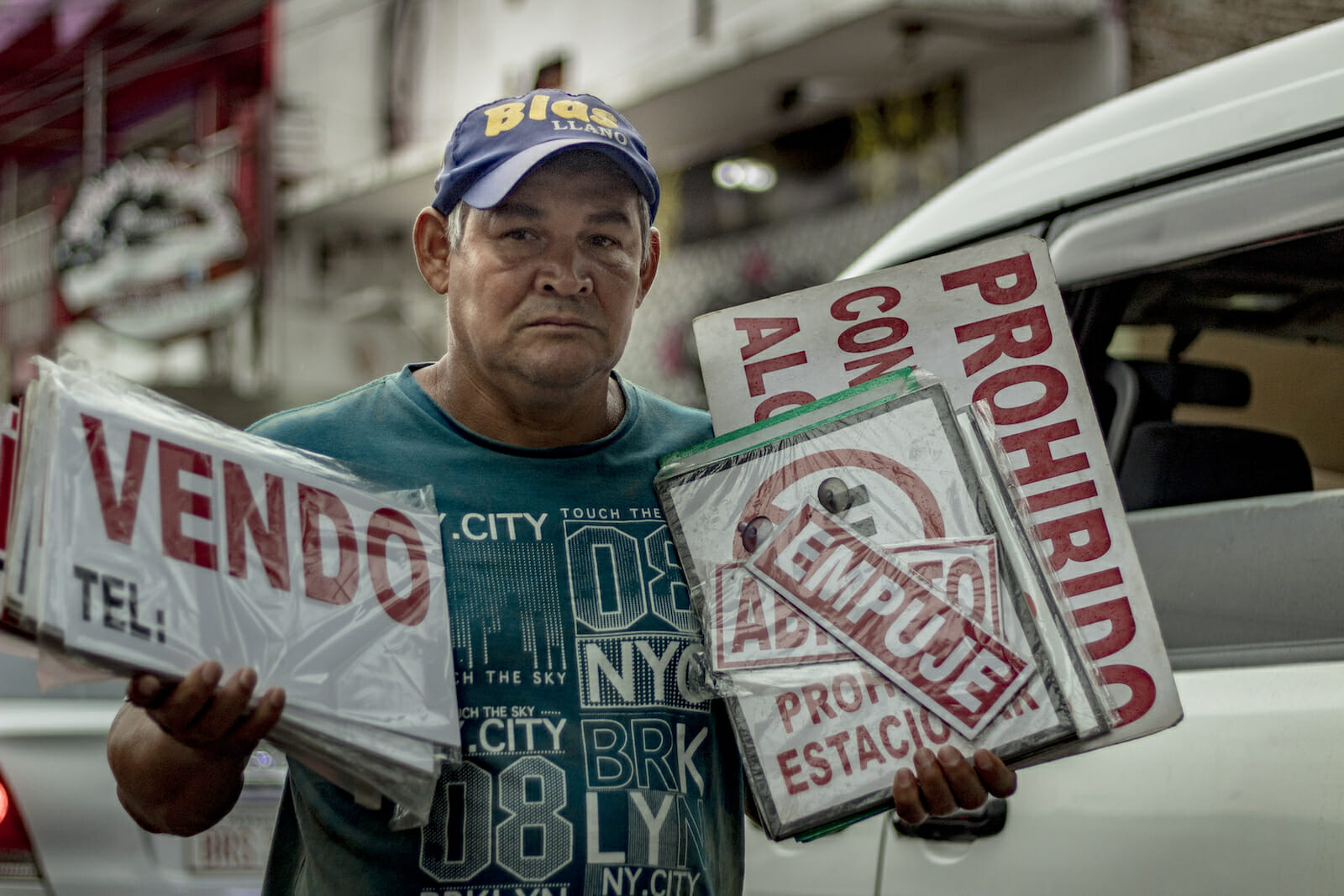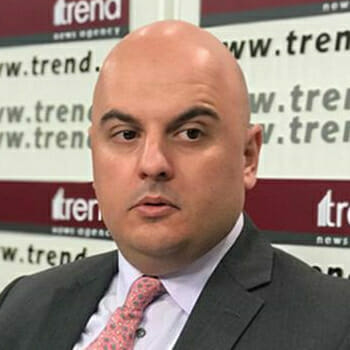
Paraguay: Where Corruption and Poverty Coexist
With monotonous geomorphology, a dull economy, and a poor lifestyle, Paraguay has become Latin America’s money-laundering hub, drug trafficking trampoline, and the center of deforestation.
All of these endemic problems stem from poor law enforcement institutions and endemic corruption that has been encouraged by the country’s president, Mario Abdo Benítez. Benítez has become one of Paraguay’s most corrupt presidents since 1811. Benítez is currently attempting to establish commercial ties with China, as Paraguay is lagging far behind in trying to vaccinate its population against COVID-19, which has infected nearly 160,000 Paraguayans.
Benítez’s government continues to ignore the urgent need of reforming the fragile banking and financial sectors in the country. Benítez has turned Asunción, Paraguay’s capital, into a hub of money laundering where Dario Messer, a key financier implicated in one of the largest money-laundering operations in South America, operated with full impunity under former President Horácio Cartes. Moreover, under Cartes’ watch, environmental pollution and deforestation activities in the national parks escalated to unprecedented levels.
According to Aldo Benítez, a renowned environmental journalist, in the last decade, Paraguay has lost over sixty acres of native forests every day. This is on top of money laundering which was allowed to flourish. From 2011 to 2018, Dario Messer was able to receive through a government-run bank, over $53 million, and his accomplices, continue to run the country, including Federico González, Carlos Pereira Olmedo, and Luis Castiglioni.
Ambassador Federico González was Cartes’ Deputy Minister of Foreign Affairs in 2018 and one of the masterminds of the murky Itaipu Dam agreement held secretly with Brazil and signed on May 24th, 2019. This resulted, according to some estimates, $300 million in damages to the Paraguayan state, by selling energy to Brazil at a price much lower than the market.
González is the current Director-General of the Itaipu Dam, appointed by Benítez. González is also well known for illicit profiteering, allegedly earning 20 percent from every airline ticket purchased by Paraguayans who have flown home during the pandemic, according to internal sources of the Paraguayan Ministry of Foreign Affairs.
One of the most emblematic actions of González was the promotion of Miryam Peña Candia to become Paraguay’s judge at the Inter-American Court of Human Rights in Costa Rica. Many attorneys in Asunción are very familiar with the tarnished record of Peña Candia when she served as a former minister of the Supreme Court of Justice (CJS).
In September 2018, Carlos Pereira Olmedo was appointed by Benítez as Minister of Technical Secretariat for Planification and Economic Social Development. From 2012 to 2018, Pereira was the president of Banco Nacional de Fomento, enabling this public institution to become the fulcrum of money laundering within the country. In early November 2020, Pereira was appointed as the Minister of Urban Planning, Housing and Environment. Despite all his wrongdoings and lack of integrity in public office, Pereira continues to serve in the current government.
Luis Castiglioni was Paraguay’s foreign affairs minister during the secret dealings with Brazil in 2019 and resigned immediately after the Itaipu secret negotiations became public in July 2019. Castiglioni returned to his previous role as a senator for a brief period. Today, he currently serves as the minister of Industry and Commerce.
Today, Horácio Cartes, one of Paraguay’s wealthiest magnates, continues to exert political influence through his team of Senators, towards the presidency of Benítez. While Cartes’ aspirations to become a national senator fell through, he maintains a consolidated team of legislators that are used as reliable fuses when it comes to weakening Benítez’s presidency or initiating a political impeachment at any given moment.
As Paraguay is among the poorest countries in Latin America, its depleted natural resources and large-scale deforestation are symptoms of high levels of corruption and a rotten bureaucracy that has failed to implement needed economic reforms that could have a direct impact on the lives of poor Paraguayans.
With a president passionate about expensive wristwatches, the waves of an economic crisis and total absence of microeconomic impulse are deemed to flourish until the end of 2023, a time when the Paraguayan people are expected to vote for a new president and members of the national assembly. Paraguayans face the enormous task to ensure the strengthening of public institutions and democratic standards with the same spirit and courage as they did during the war against the Triple Alliance (1865-1870).

